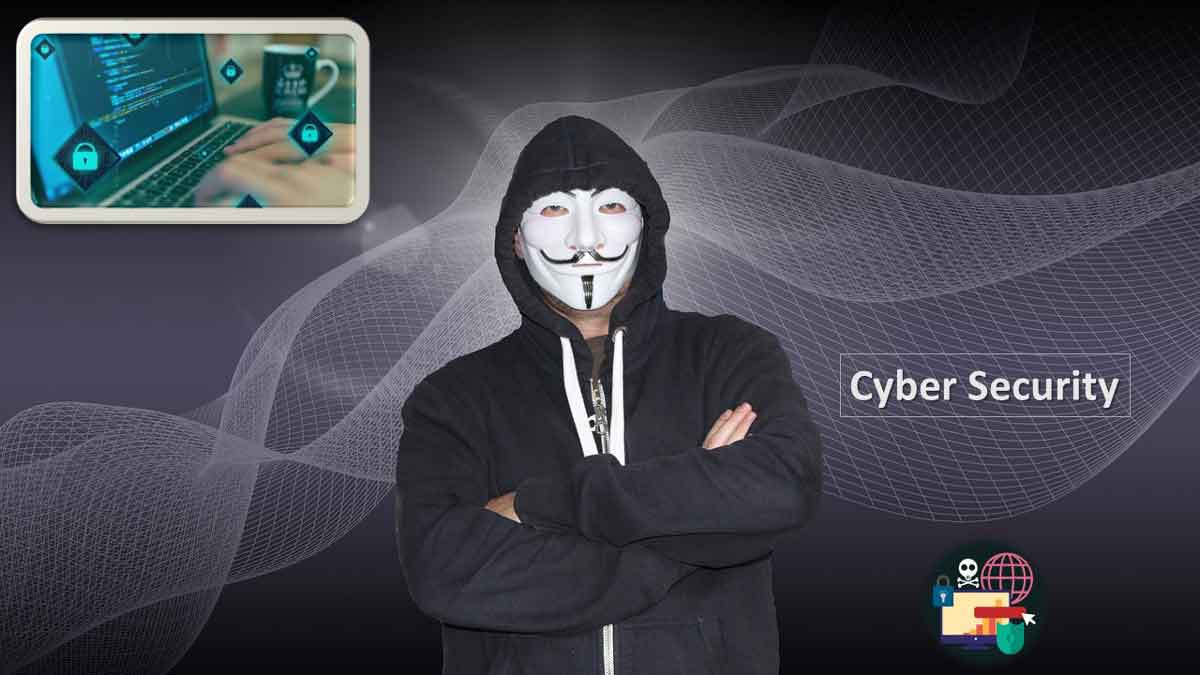A Beginners Guide to Cyber Security
There are many threats to your cyber security that you must know. From hackers to viruses and malware, not knowing how to protect yourself can destroy your data or theft information. This article is a beginner’s guide to cyber security and technologies on what you need to stay safe online in this digital age:

Cybersecurity Technologies – A Basic Guide To Cyber Security
- Cloud Computing Security – Deals with the associated infrastructure of cloud computing.
- Artificial intelligence – Intelligence demonstrated by machines naturally.
- Identity management – Identity and access management.
- Deep learning – A machine learning method based on artificial neural networks.
- Cryptography – The process of encoding information.
- Application security – Includes secure software development life cycle to development teams.
- Network security – To monitor unauthorized access, modification, misuse, or denial of a computer network.
- Computer security – Comprises protection of computer systems & networks.
- – It monitors and controls incoming and outgoing network traffic.
Cyber Security Tips for Working from Home or Office
Learn the Basics of Encryption
Encryption is a great way to protect yourself and your data. The most common form of encryption is an SSL certificate, which encrypts all traffic into and out of your website. This will make it very difficult for hackers as they try to attack you or steal information, such as credit card numbers, online.
If something happens with the SSL certificate that needs replacing, people can see if their connection has been compromised by looking at who owns the web addresses in a green padlock in their browser window. If anyone other than you do, don’t enter any sensitive information until this issue is resolved. Another kind of encoding you can use on websites is password hashing.
Password hashing is converting information into text that can’t be read. This helps protect your users from hackers who may try to steal passwords by looking at the data stored in backups or databases.
See Also: How Hackers Breach Your Secure Data
Get a Good Antivirus and Firewall
You should also have a good antivirus and firewall installed on your computer. Antivirus software protects your computer from viruses. At the same time, firewalls help to prevent unauthorized access to your system. Ensure you keep both programs up-to-date and your operating system and browser to stay safe from the latest threats. You can find some great free antivirus options online, such as Avast or AVG.
Make a Backup
Suppose you have any valuable data on your computers, such as family photos or important documents. It is wise to make regular backups of this information if something happens. Use an external hard drive where possible and plug it into your computer to copy the files from one device to another. You should also use cloud storage for storing anything else that might be too large for an external hard drive.
Dropbox has been shown to offer good security when compared with other services. If you want extra protection against ransomware, set up two-factor authentication if possible before syncing takes place between devices. This will need a second form of verification over your normal username and password, such as a one-time code sent to your phone.
Be Careful what you Click On
One of the most common ways for viruses and malware to get onto your computer is by clicking on links or attachments in emails that you weren’t expecting. Always suspect unsolicited messages, especially if they are asking for personal information. If you aren’t sure whether a link is safe to open, hover over it with your mouse cursor to see the web address it will take you to. If this looks unfamiliar or dodgy, don’t risk clicking on it.
Staying cyber secure can seem like a daunting task, but following these simple tips should help keep you safe from the many threats out there. For more advice and information on how to stay safe online, please visit our blog.
See Also: Top Cyber Security Tools
Install a VPN
A Virtual Private Network (VPN) is another valuable way of protecting yourself online, and it can be set up on most devices. A VPN encrypts all the data you send over your internet connection so that no one can intercept or read it while it’s in transit. This includes hackers and ISPs, too. All the information will appear to come from wherever the VPN server you are using is instead of your location. Thus, making it very difficult for anyone else to discover who you are.
Educate yourself and your Family
Last but not least, one of the best ways to stay safe online is to educate yourself and your loved ones about the dangers that exist. There are plenty of online and print resources, so learn as much as you can, and make sure you aren’t giving away too much. For example, using your real name on social media sites can make it easy for someone to track you down if they want to. Be vigilant when browsing the web and remember that not everything is as it seems; if something looks too good to be true, then it probably is.
Hire CCAAS Providers
With safeguarding your online presence, there is no one-size-fits-all solution. Every business has different needs, and that’s why it’s essential to partner with a cloud security provider that can offer the best ccaas solutions. A good cloud security provider will have the expertise and resources to protect your business from many cyber threats, including malware, phishing attacks, and ransomware. They will also be able to provide 24/365 support in an emergency.
Final Copy
Following these simple tips will help keep you safe online and protect your computer from the latest threats. Stay vigilant when browsing the web, make regular data backups, and install a VPN to keep yourself anonymous and secure. Educate yourself and your family about this guide to cyber security. So that everyone can stay safe while using the internet.
